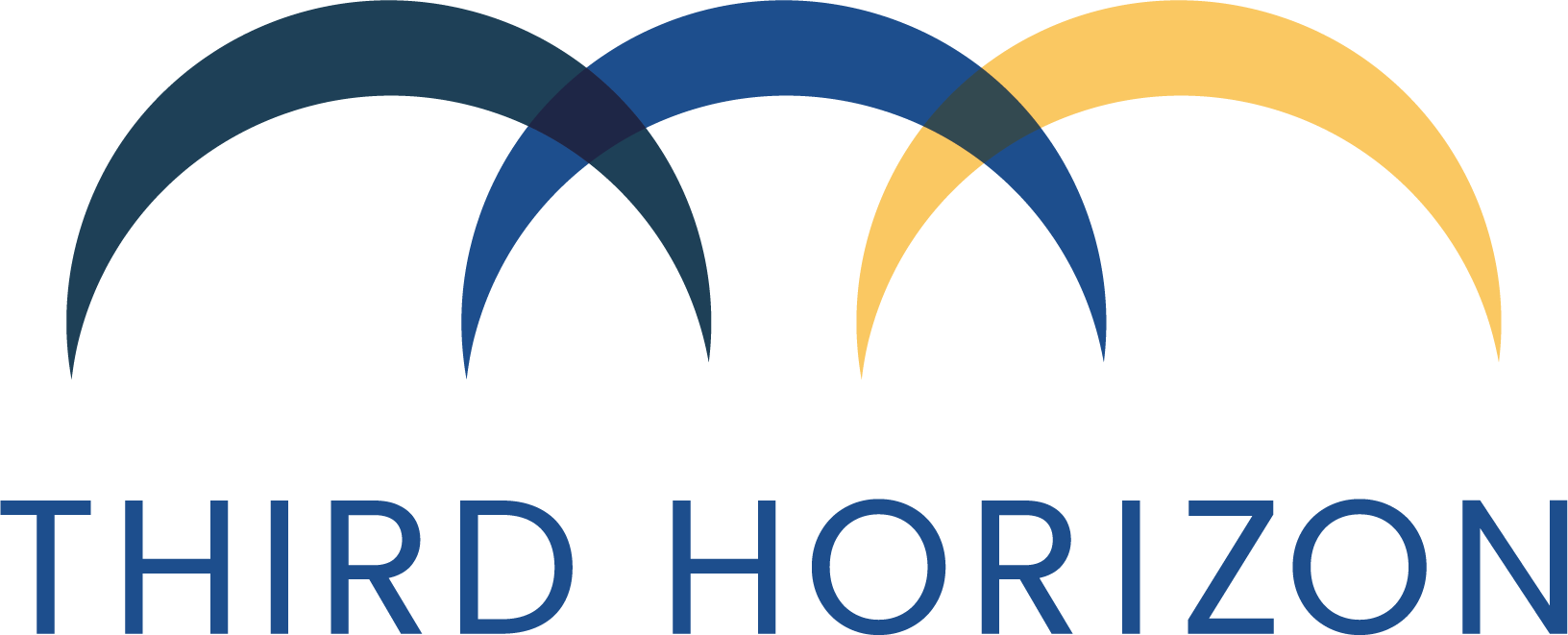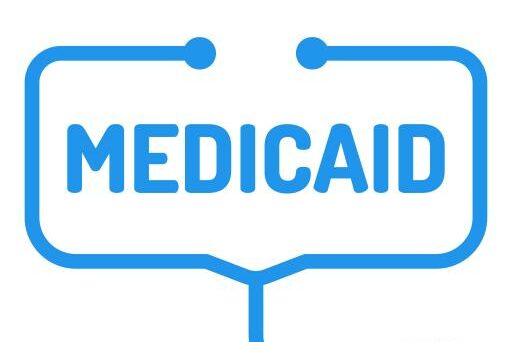November 14, 2019 – On November 12, the Centers for Medicare & Medicaid Services (CMS) issued a notice of proposed rule-making requiring that states share provider-level information about their supplemental payment and financing agreements under Medicaid. The rule, entitled the “Medicaid Fiscal Accountability Rule (MFAR),” has three core objectives:
- Improve reporting on supplemental payments: Responding to reports from the Government Accountability Office (GAO), the Medicaid and CHIP Payment Access Commission (MACPAC), and the Senate Finance Committee, the proposed rule would establish new requirements for states to report provider-level information on Medicaid supplemental payments. By doing so, the MFAR would give CMS access to “timely and adequate” state Medicaid payment data and support proper oversight of the program. States would also be required to sunset supplemental payments and tax waivers after no more than three years, with the option to request renewal, to ensure that supplemental payment methodologies are still aligned with legal requirements and programmatic goals.
- Clarify Medicaid financing definitions: In order for CMS to clearly track, monitor, and enforce statutory requirements for supplemental payments and the upper payment limit (UPL) demonstration process, the proposed rule outlines definitions and processes associated with provider ownership categories and introduces new definitions for Medicaid “base” and “supplemental” payments. Collectively, these two measures would enable CMS to close loopholes that have allowed states to attempt to inappropriately fund their share of Medicaid expenditures and to be more consistent with the statute.
- Curb “questionable financing mechanisms”: The proposed rule addresses three main areas:
- State reliance on providers to fund the non-federal share: Reaffirms that intergovernmental transfers (IGTs) must be derived from state or local tax revenues; clarifies current regulations regarding “public funds” and that providers must receive and retain 100 percent of the payment.
- Health care-related taxes and donations: Clarifies that financial arrangements designed to mask impermissible donations or circumvent health care–related tax requirements are strictly prohibited; strengthens oversight and monitoring of approved tax waivers.
- Medicaid Disproportionate Share Hospital (DSH) Payments: Requires a quantification of individual audit findings by hospital to strengthen transparency and oversight of annual reporting process; clarifies procedures related to overpayment discovery and redistribution; proposes to modernize the DSH allotment publication process by posting allotment information via the Medicaid website (rather than the Federal Register).
During remarks to the National Association of Medicaid Directors, CMS Administrator Seema Verma emphasized that the “comprehensive overhaul” is designed to ensure that the program remains sustainable for future beneficiaries. In order to do so, the federal government must make certain that program dollars are actually spent on patient care – that all Medicaid payments to providers are transparent, and that states clearly account for how they finance their share of supplemental payments.
Matt Salo, executive director of the National Association of Medicaid Directors, acknowledged that while state officials are generally supportive of increasing transparency, it needs to be “in a way that is achievable but that does not jeopardize patient care in the process.”
Mark Parkinson, American Health Care Association president and CEO, noted that “underfunding is a challenge that must be addressed in order to ensure continued access to quality long-term services and supports for the millions who depend on them.” He said that the AHCA “welcomes discussions with CMS on balancing adequate Medicaid base rates with the potentially devastating effects of any changes in Medicaid financing.”
The proposed rule will be published on November 18, after which stakeholders will have 60 days to submit comments.


